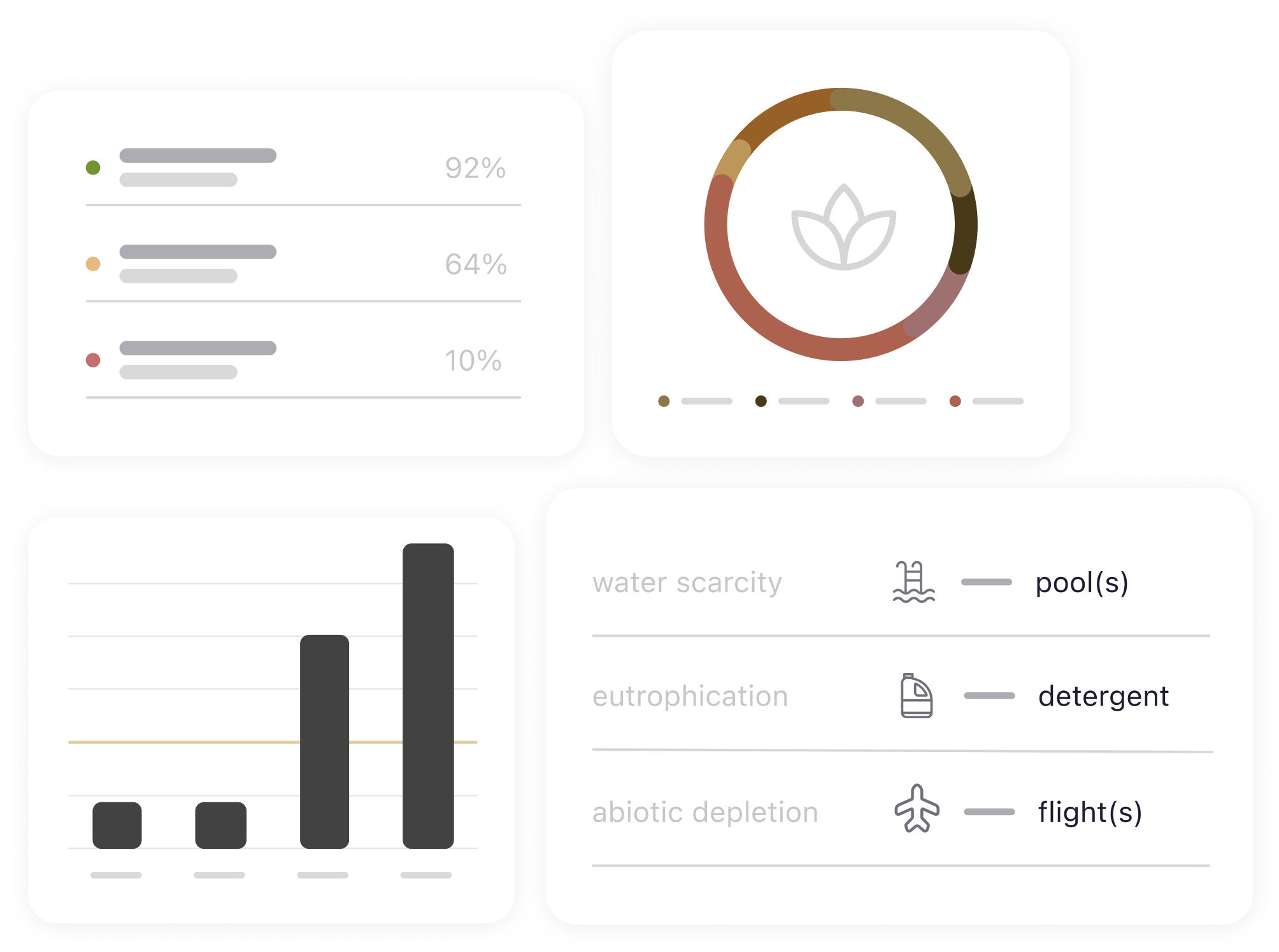2023 will be a period of great change for the fashion industry. Geopolitical tensions, persistent problems in the supply chain and the absence of a deadline to start the economic recovery after the pandemic are increasing the concern of the fashion industry in a scenario of great uncertainty. Sustainability and resilience thus become the essential skills of the leaders of the fashion industry in the coming months.
Sustainability is no longer an option but an obligation
Claudia Cañas Mas, CMO at HOFF
In a challenging market with high energy costs and rising global inflation, fashion companies that want to prosper will need to take a more flexible approach, practicing collaboration, transparency and constant learning. To this end, BCome launches The Sustainability Handbook for Resilient Fashion Business 2023, a guide created to transform the challenges of the fashion industry into opportunities for growth.
We put at the service of all professionals in the fashion industry the key actions to implement to guarantee the greatest value both for the business and for consumers during 2023.
Sharing our sustainability insights has greatly increased awareness of the complexity behind each product. […] If you educate your customers (in sustainability) and attract educated customers, this becomes a means of self-regulation
August Bard Bringéus, Co-Founder of ASKET
We’ve delved into the opportunities that will allow fashion businesses to gain resilience and boost their growth during 2023. These will be the 7 challenges that will mark the future of the textile sector in the coming year:
1. Running a fashion business during a global crisis
The situation calls for a comprehensive assessment of all business risks, including human capital, outsourcing, supply chain and of course, customers.
BCome does a complete evaluation of your production so that you can make decisions focused on improving your business performance. Through the dashboards of the platform you will be able to:
- Examine your collections based on four main impact areas: planet, people, transparency, and circularity.
- Explore which are the stages of the value chain in which each impact has greater relevance.
- Define which are your best performing products.

2. Increasing cost pressure from supply chains
Investment in traceability technologies is essential to have complete visibility of the business supply chain in terms of cost and impact in order to take control over it.
Through our technology you will be able to collect all your suppliers throughout your value chain:
- Have greater visibility of the scope of your traceability.
- Get detailed information of your suppliers by item and life cycle stage.
- Collect which certificates each of your suppliers have.

3. Decreased demand vs. increased resale markets
Entering the resale market is recommended to win over a more price-sensitive consumer, as well as extending the business beyond sales to ensure customer loyalty.
At BCome we have developed the impact modeling of second-hand garments. We can assess the environmental benefit of your pre-loved collections vs. new garments.

4. Proper data management
Investment in technology is also essential to ensure the collection of quality data to assess which areas of the supply chain have the greatest impact and make decisions based on accurate knowledge.
BCome allows you to discover how your impact is distributed throughout your supply chain. You can easily identify which are the areas to improve.

5. Growing climate crisis
To detect potential environmental risks and prevent them from being transferred to later stages of the value chain, the evaluation of the impact caused by the company through the Life Cycle Assessment of its products is recommended.
Through our platform you can discover the environmental impact of each of your products and their comparison with the industry standard based on four impact indicators:
- Water scarcity
- Global warming
- Eutrophication
- Abiotic depletion

6. Greater consumer awareness
The greenwashing accusations force real efforts to create products that are aligned with consumer values, in addition to clear and transparent communication.
To support this BCome offers easy data integration. Either through the product description on the website or by simply scanning a QR code on our smart labels, the customer can easily access the item’s sustainability insights.

7. Upcoming sustainability laws
External support and immediate involvement will be essential to ease the implementation of the directives planned for 2023. Third-party verification will ensure that the information provided is correct and will avoid problems.
Working together with BCome will allow your business to support your data with the methodologies that have been used when assessing the sustainable performance of your collections. All data “Powered by BCome” is a guarantee of accuracy.

The challenges foreseen for 2023 make it clear that it will be necessary to develop new action formulas to address the challenges that will arise in the coming months. It’s time to commit, fashion companies have to rely on innovation to build resilience.
The growth of the textile sector depends on collective action
At BCome, we are committed to cooperation, collaboration between the different agents in the fashion industry to achieve a new paradigm that drives the growth of the entire textile sector. For this we have created The Resilient Fashion Manifesto powered by BCome, a call to action that invites all fashion professionals to get involved in the progress of the textile industry. Committed to driving change, we offer all signatory companies a free trial of their platform to discover first-hand what will be the tools that will help them build resilience during 2023.
At BCome we keep our promise to make sustainability easier for textile businesses and now more than ever, it’s time to break down barriers. Shall we talk?









